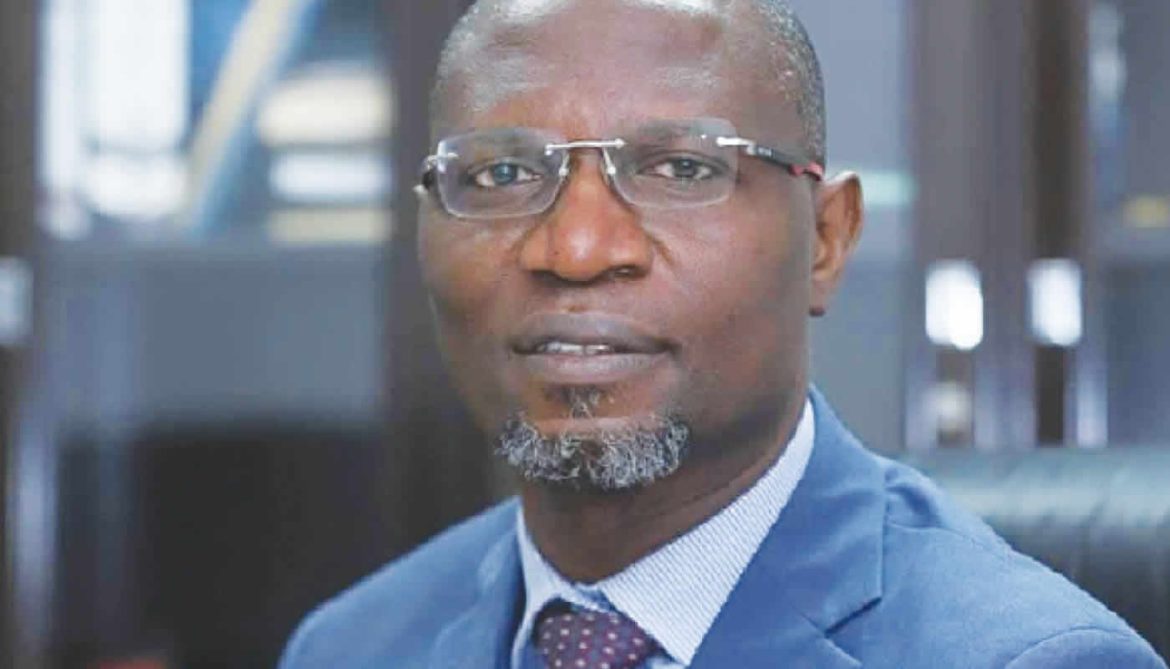The Director-General of the Securities and Exchange Commission (SEC), Dr. Emomotimi Agama, has said that the global movement towards sustainable finance is reshaping investment choices, corporate governance and risk management practices, stressing that Nigeria’s capital market must evolve to remain competitive and relevant.
Agama made the call while speaking at the 2025 Annual Conference of the Chartered Institute of Stockbrokers (CIS), held in Abuja. He said that sustainability has become a global imperative that goes beyond technology and ethics, adding that environmental, social, and governance (ESG) principles are now driving responsible investment and capital allocation decisions across the world.
According to him, the SEC has already taken significant steps to position the Nigerian capital market in line with international sustainability standards. “In line with this, the Commission has taken bold steps to align our market with global sustainability standards. Through initiatives such as the adoption of the International Sustainability Standards Board (ISSB) framework, the Green Bond Programme, and collaboration with development partners, we are laying the groundwork for a financial system that supports the transition of our country to a low-carbon, inclusive economy,” Agama stated.
He explained that the Commission’s efforts are aimed at promoting responsible finance and ensuring that investors and companies integrate sustainability principles into their business and investment models. He further noted that this transformation is critical as the world moves towards cleaner energy sources, climate adaptation, and socially responsible business practices.
The SEC boss said that stockbrokers and other market operators have an important role to play in promoting sustainable investment products, advising listed companies on ESG disclosures, and guiding investors towards responsible assets. He added that the Nigerian capital market cannot afford to lag behind at a time when global investors are demanding transparency, accountability and measurable impact from businesses.
Agama also highlighted that the SEC and the Chartered Institute of Stockbrokers share a joint vision of developing a capital market that mobilises domestic savings for productive investments, drives economic diversification, and creates jobs across sectors.
He commended the ongoing partnership between the Commission and the Institute in areas such as professional certification, investor education, financial literacy and policy advocacy. According to him, these efforts are already yielding positive results by improving professionalism, transparency and investor confidence in the Nigerian market.
“Yet, we must do even more,” Agama said. “The task ahead is to ensure that the capital market becomes central to Nigeria’s economic transformation agenda, a market that finances infrastructure, empowers micro, small and medium enterprises (MSMEs), supports green and digital enterprises, and contributes meaningfully to the realisation of a trillion-dollar economy.”
He praised the resilience and professionalism of market participants despite the country’s tough macroeconomic environment, including foreign exchange volatility, inflation and weak consumer purchasing power. Agama said the resilience shown by the operators demonstrates the enduring strength of the Nigerian capital market and its ability to support national economic growth.
“With the world changing fast, the Nigerian capital market must not only keep pace but lead by example,” he added. “Let us therefore recommit to innovation that empowers, ethics that endure, and sustainability that delivers long-term prosperity for all.”
The SEC chief said that the Commission will continue to work closely with other regulators, professional bodies, and international development partners to ensure that Nigeria’s capital market remains a driver of inclusive and sustainable economic growth.
Analysts say the SEC’s focus on sustainability aligns with a growing global trend where investors and institutions are prioritising ESG factors as part of long-term value creation. They noted that Nigeria’s growing adoption of green bonds, sustainability-linked loans and ESG-compliant reporting frameworks will help attract foreign investment and strengthen investor confidence in the market.
